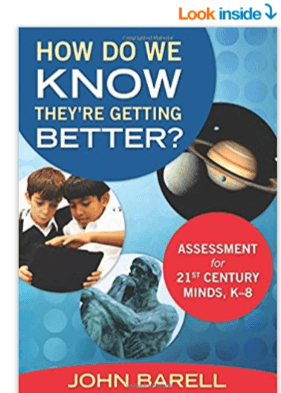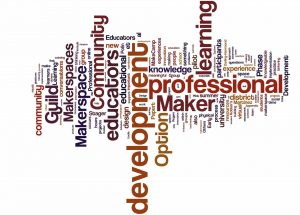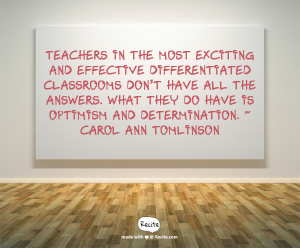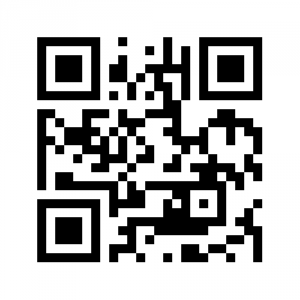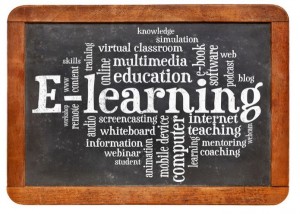Disclaimer: This post is part of course requirements following this assignment: Extend your identity in the direction of your career path and participate in a new online community. Interact online using your projected identity for at least six weeks. Think deeply about identity and learning and blog twice a week about your experience. Take time to analyze the meaning, power, and constraints of the community on your learning.
~~~
Week 3, Post 1
Something I read today fits perfectly with the Community of Practice I’ve joined.
Change is the one constant that we will always have in our world and if we do not grow and learn to embrace it, then we will become irrelevant. This mindset towards learning is only one part of the solution; making the connections with our learners is also equally (if not more) significant. ~George Couros, The Principal of Change Blog
This ability to accept change, envision change, and promote change is one of the many things I appreciate about members of the Sci-Fi and Fantasy Book Group on Goodreads. Most of the time, those I encounter avoid change and go to all sorts of extremes to avoid it. But, reading through the posts accumulated in my group, I can tell this is not the case. The creativity among the group is extensive, with some members being readers and writers of science fiction. One person even translates science fiction books into Lithuanian. During the previous week, from September 8 – September 14, there were 232 new posts from 44 discussions.
A couple of the group members have become my Goodreads’ “friends.” They have encouraged me to ease up on the anonymity I’ve attached to my identity. They have especially encouraged me to make my book list public instead of private. But I am afraid to pull back the curtain on my historical fiction, Janet Evanovich and cookbook-heavy bookshelf.
I am behind on the monthly book club reading selection. “Brave New World” is the choice for September. I find that the assignments for my classes have thrown me into an undertow under the tsunami of assignments and textbook reading. I decide to download the audio version of the book and hope to catch up during my 10-minute commutes, Tuesday’s oil change, and various lunch breaks. The version I download features narration by Michael York. “Now, we’re cooking with Peanut Oil,” as Phil, The Duck Dynasty Patriarch would say.
After listening to a few minutes of York’s narration I can already tell that his differentiation of character traits and the voices he uses, adds texture and interest for me. Also the comments of others in this sub-group add depth too. I like how everyone’s comments are respected. Out of 33 comments, (mine is 34th), there are no reactionary backlash comments or over-posters.
Book clubs such as these, within the already established Sci-Fi and Fantasy Book group community, mesh well with Wenger’s description of landscapes of practice. “As communities of practice differentiate themselves and also interlock with each other, they constitute a complex social landscape of shared practices, boundaries, peripheries, overlaps, connections, and encounters. … The texture of continuities and discontinuities of this landscape is defined by practice, not by institutional affiliations; second, the landscape so defined is weaving of both boundaries and peripheries.” (p.118)
~~~
Book Source: Wenger, E. (1998). Communities of practice, learning, meaning, and identity. Cambridge University Press.
